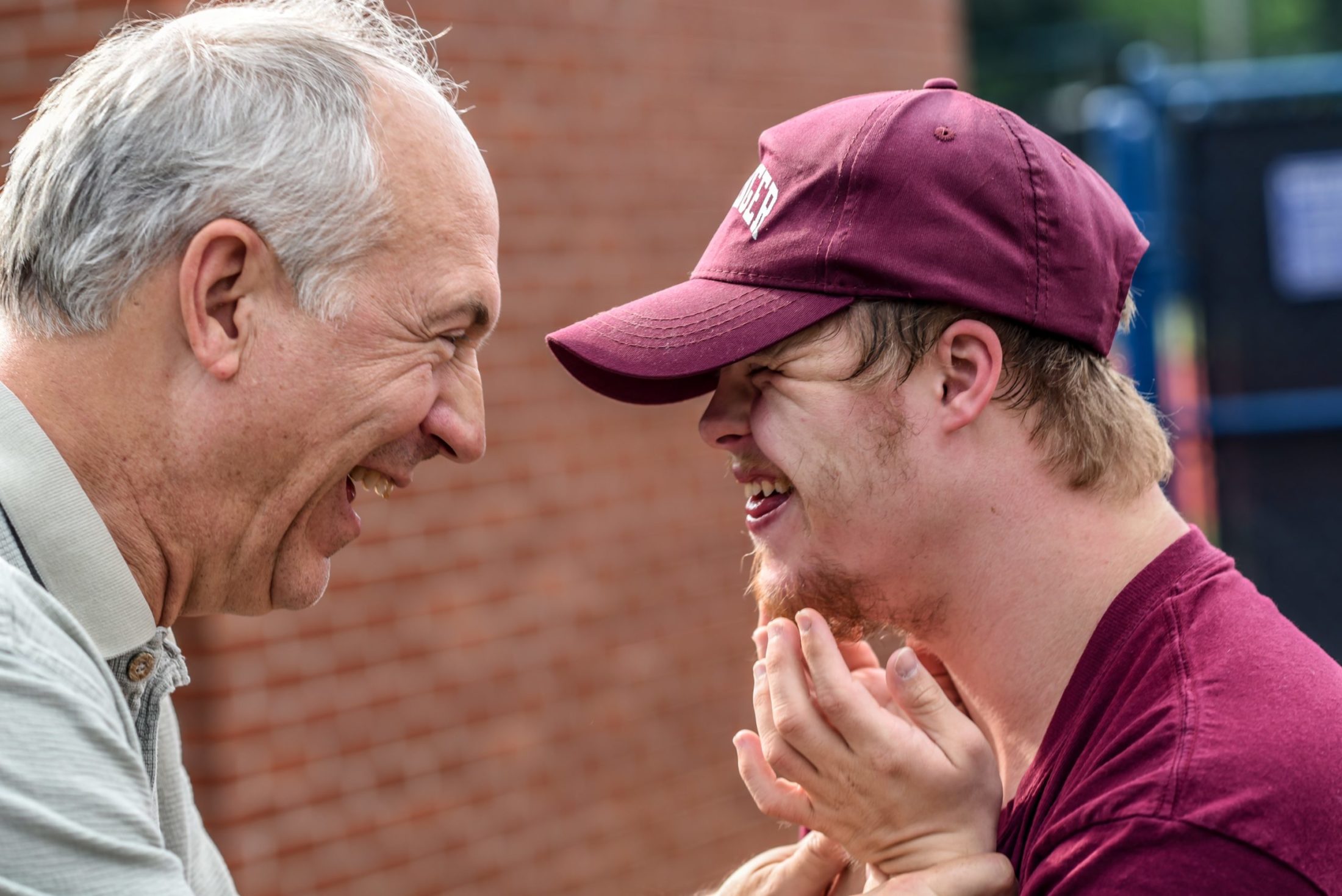A reverse mortgage can be a good thing, especially if you are a retiree who wants to enjoy the remaining years of your life financially liquid and with a steady flow of money. If you do not have children or heirs to leave your possession with, then applying for a reverse mortgage might be a good plan.
But what if you have children? How will a reverse mortgage affect their inheritance? What about the fees and high interest that can cut off a big chunk for your equity? Will a reverse mortgage be good for your situation?
If you are a parent who is desiring to leave an inheritance behind for your children, a reverse mortgage might not be the most ideal situation. If your children have a stable financial future, then it won’t be a problem. But what if they are living with you? If you have a reverse mortgage and you suddenly pass, your children need to repay the loan by selling the property. Where would they go? This is also true if you have other people in your home. They will have to leave if you pass.
What if you are sick? If you are the primary borrower of the reverse mortgage, you need to stay in that property and not move somewhere else even if you have to be admitted to a long-term health care facility. If that happens, you will have to pay off your reverse mortgage in full or sell the house to cover the repayment. Moving into a health care facility and staying there for 12 months will qualify as a permanent move. To avoid foreclosure, you will have to certify in writing that you are still a permanent resident of your home on a reverse mortgage.
Realistically speaking, can you guarantee that you can still maintain the upkeep of your home? Pay the property taxes on time and cover the homeowner insurance premiums among others? If this is going to be a challenge for you, then you might want to reconsider getting a reverse mortgage. If you are going to apply for a reverse mortgage, the costs mentioned above will be shouldered by you, and failure to consistently pay on time will not sit well with your creditors.


